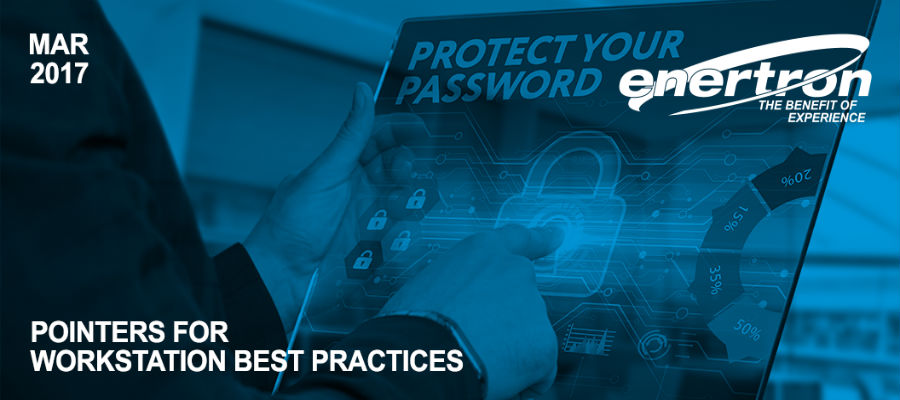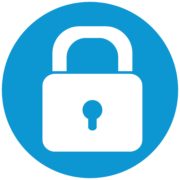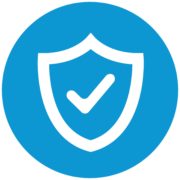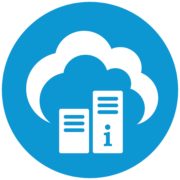
Wonder how your computer got hacked? Or how you got a virus? Or why you need to change your password periodically? With the amount of access that modern technology makes available, hackers everywhere are trying to access your personal and professional information at all times. That’s why implementing best practices is imperative.
Maybe you think you’re doing all you can, or maybe you feel powerless to stop it. However, you can protect yourself from these invasions by following some simple steps.

Password Changes
Virtually everyone gets annoyed when they have to change their passwords, but it’s worth the effort. Passwords should be changed every 30, 60, or 90 days to deter hackers. If you don’t, hackers have all the time they need to discover your password. Every time you reset your password, hackers need to start all over again, and you stay a step ahead.

Password Requirements
There are tried and true password requirements that, when followed, make it difficult for hackers to decipher. Passwords should include one upper and lower case letter, a symbol, and a number. The password should be at least 6-8 characters long.

Do Not Write Down or Store Passwords
This cannot be stressed enough. By making your passwords visible, you’re making yourself vulnerable to hackers. You may be thinking, “First, you want me to change all of my passwords every 30 to 90 days. Then, you want me to make passwords that are difficult to use. How am I supposed to remember all of my passwords without writing them down? No one’s going to see them anyway.” Yes, someone will see the sticky note under your keyboard with all your passwords, so no, that’s not a solution.
Try this. When you are required to change passwords, don’t change just one. Instead, change them all, so they’re easier to remember.
You shouldn’t use the same passwords for all of your accounts at the same time. If you do, hackers can access all of your accounts when they can access one. Instead, use phrases each time to make it easier.
For example:
- Our24!
- Address24!
- Mound24!
- Road24!
Having a phrase each time you change your passwords will make them easier to remember and lessen the need to write them down.

Locking Devices
You should always lock your device when you’re not using it whether it’s your PC, laptop, phone, or tablet. Your device should be set to automatically lock after a period of inactivity.

Data Encryption
Do you use USB flash drives to save important files? Do you use them on multiple computers? If so, they are vulnerable to prying eyes. When you transfer a flash drive from one computer to another, your data becomes vulnerable to theft. Removable media data should always be encrypted to reduce the chance of someone accessing your private information.

Patch/Update Management & Anti-Virus Protection
Finally, keep your device’s operating system and applications updated for security and stability. That means always having the most up-to-date version of anti-virus software as well.
If you have any questions or concerns about effective best practices, please contact us. We’re always available and happy to address any of your IT needs.

